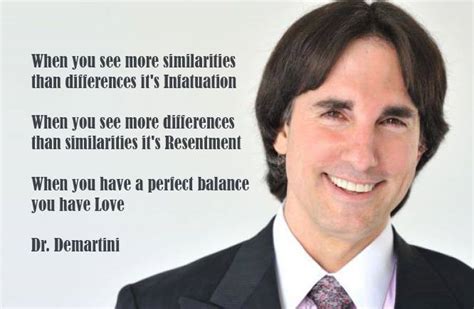A Quote by Savielly Tartakower
A Queen's sacrifice, even when fairly obvious, always rejoices the heart of the chess-lover.
Related Quotes
I have also known some of the world's finest brains and some of these, though passionately fond of chess, have been pretty poor players. I used to know one of the world's leading mathematicians and whenever we played chess I had to give him the odds of a Queen to make matters more equal, and even then I always won.
Chess teaches foresight, by having to plan ahead; vigilance, by having to keep watch over the whole chess board; caution, by having to restrain ourselves from making hasty moves; and finally, we learn from chess the greatest maxim in life - that even when everything seems to be going badly for us we should not lose heart, but always hoping for a change for the better, steadfastly continue searching for the solutions to our problems.
Chess is a very positive way to exercise your mind. It makes you look at the whole picture...what are your options and what is the best thing to do? In football, you are mostly reacting from a defensive point of view...but you always want to be counterattacking...a similarity with chess strategy. Chess and offensive football are quite similar; you sacrifice something now to get something back later.
No," he said. "Relius was right and I was wrong. You are My Queen. Even though you cut my head from my shoulders, with my last breath as a noose tightens, to the last beat of my heart if I hang from the walls of the palace, you are My Queen. That I have failed you does not change my love for you or my loyalty.
"Honor never grows old, and honor rejoices the heart of age. It does so because honor is, finally, about defending those noble and worthy things that deserve defending, even if it comes at a high cost. In our time, that may mean social disapproval, public scorn, hardship, persecution, or as always, even death itself.
The question remains: What is worth defending? What is worth dying for? What is worth living for?
I don't care if you're a parent giving to a child, a worker to a company, or a romantic to a lover, this behavior eventually leads to resentment. There's always a hidden agenda of What's in it for me? It's often suppressed, and this is why sacrifice is ultimately unwise and incomplete. Does this mean that there's no such thing as altruism, philanthropy, or generosity? No, it just means that anytime these exist, so do egocentricity, misanthropy, and greed. There's always a balancing force, even if it's sometimes hidden or unconscious.
The intellectual is always showing off,
the lover is always getting lost.
The intellectual runs away.
afraid of drowning;
the whole business of love
is to drown in the sea.
Intellectuals plan their repose;
lovers are ashamed to rest.
The lover is always alone.
even surrounded by people;
like water and oil, he remains apart.
The man who goes to the trouble
of giving advice to a lover
get nothing. He's mocked by passion.
Love is like musk. It attracts attention.
Love is a tree, and the lovers are its shade.


































